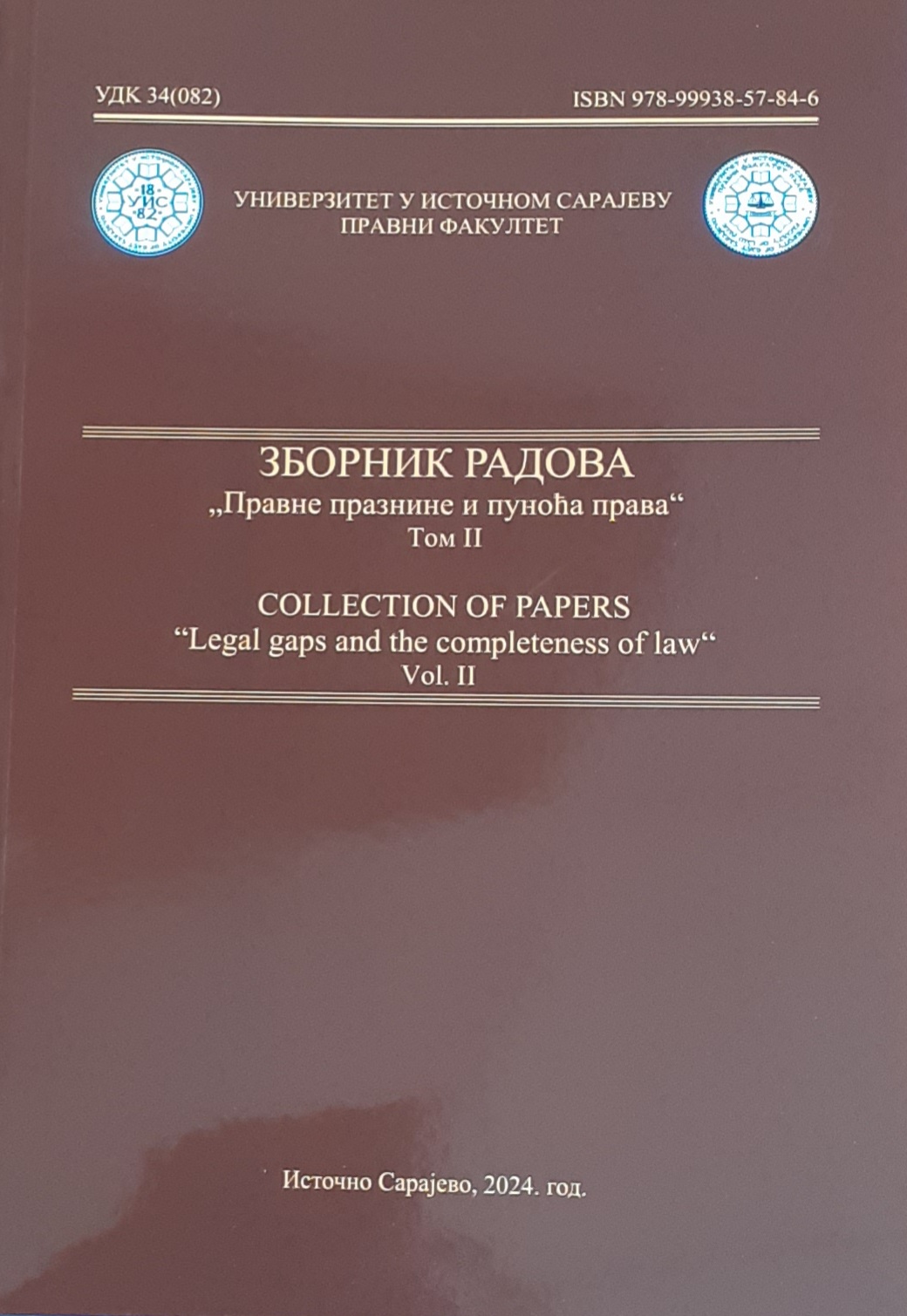Брачни и породични статус као забрањени основ дискриминације - општи осврт
Marital and Family Status as a Prohibited Grounds of Discrimination - General Review
Author(s): Jovana Rajić Ćalić
Subject(s): Law, Constitution, Jurisprudence, Human Rights and Humanitarian Law, Labour and Social Security Law
Published by: Правни факултет Универзитета у Источном Сарајеву
Keywords: Discrimination; Gender; Illegal questions; Labor law; Gender equality;
Summary/Abstract: Although the Labor Law prohibits direct and indirect discrimination based on gender, research and statistics show a different position of female compared to male job candidates in the employment process. Different treatment is caused by the reproductive role of women, which consequently leads to discrimination on the basis of marital status, a still legally undefined ground of discrimination. Patriarchal patterns of society's functioning view women as bearers of family duties, which entails discrimination on the basis of family duties, a basis of discrimination that seeks its place on the list of prohibited grounds of discrimination. Different treatment of women based on marital and family status is particularly visible in the employment process, in the form of asking illegal questions about family planning and the number of children. That is why the largest number of reported cases of discrimination in the report of the Commissioner for the Protection of Equality in Serbia is precisely in the employment process, reported by women. Despite the advanced provisions of the Law on Gender Equality, it is not possible to eradicate discrimination against women on these grounds, and the question arises as to how to protect women in the employment relationship, especially in the employment process, and provide them with equal treatment. The author stands from the hypothesis that the positive legal framework is not adequate to provide protection against discrimination to women in the employment process and at work, and that changes should move in the direction of prescribing additional protection mechanisms, such as the possibility of remaining silent on illegal questions and the presence of representatives union with job interviews, which would reduce the possibility of asking such questions and making differences between candidates.
Book: Зборник радова"Правне празнине и пуноћа права" Том II
- Page Range: 348-366
- Page Count: 19
- Publication Year: 2024
- Language: Serbian
- Content File-PDF

